Home

Exercise & Fitness

The Ultimate Guide to Safe and Effective Exercise in Periods
In this Article
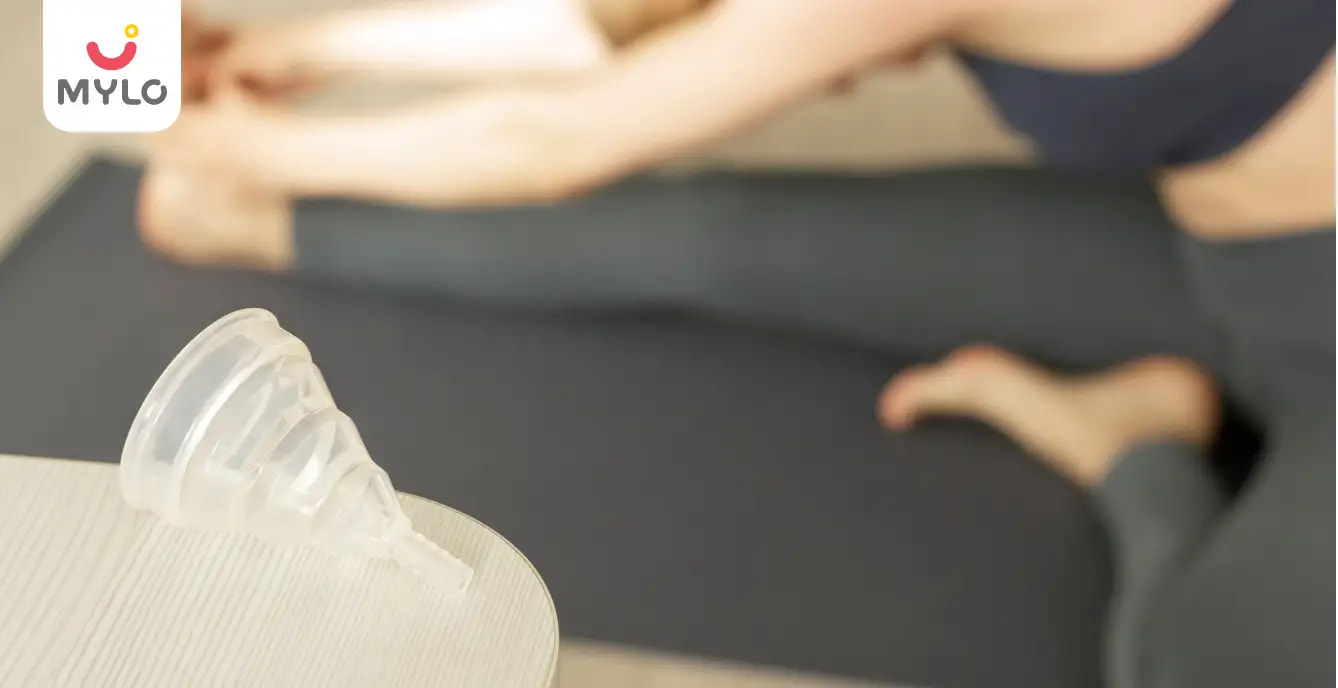
Exercise & Fitness
The Ultimate Guide to Safe and Effective Exercise in Periods
Updated on 8 November 2023
For many women, periods can be a time of discomfort, mood swings, and decreased energy levels. It is common to believe that exercise should be avoided during this time, but in reality, it can be incredibly beneficial. By understanding your body's needs and making slight adjustments to your workout routine, you can harness the power of exercise in periods.
In this comprehensive guide, we will explore the science behind exercise and periods, the dos and don'ts, which exercise is best during periods, and provide you with practical tips to ensure safe and effective workouts during your menstrual cycle.
Can we do exercise during periods?
Many women wonder whether it is safe and beneficial to exercise during their menstrual cycle. The answer is yes! Engaging in physical activity during periods can have numerous advantages for both physical and mental health. However, it is important to note that the intensity and type of exercise may need to be adjusted to accommodate the changes that occur in the body during this time.
What are some common myths about workout during period?
Despite the numerous benefits of exercising during periods, there are several common myths that often discourage women from engaging in physical activity during this time. Let's debunk these myths and uncover the truth:
Myth 1: Exercise can disrupt the menstrual cycle
The menstrual cycle is controlled by hormonal fluctuations, not physical activity. Regular exercise does not disrupt the natural rhythm of the menstrual cycle. In fact, it can help regulate hormones and promote a healthier cycle.
Myth 2: Exercise during period can cause injury
While it is important to be mindful of your body's limitations and adjust your workout intensity accordingly, exercise does not inherently increase the risk of injury during periods. It is crucial to listen to your body and choose exercises that are comfortable and appropriate for you.
Myth 3: Exercise can worsen menstrual cramps
Contrary to popular belief, exercise can actually help alleviate menstrual cramps. Physical activity releases endorphins, which are natural painkillers, and increases blood flow to the pelvic region, reducing cramping and discomfort.
Myth 4: Exercise can lead to excessive fatigue
While it is normal to experience some level of fatigue during menstruation, exercise can actually boost energy levels and improve overall mood. The release of endorphins during exercise can counteract feelings of fatigue and promote a sense of well-being.
What are the benefits of exercise in periods?
Engaging in regular exercise during your periods can have numerous benefits for both physical and mental health. Here are five key advantages:
1. Reduced pain and discomfort
Exercise releases endorphins, which are natural painkillers, helping to alleviate menstrual cramps and discomfort. Additionally, increased blood flow to the pelvic region can reduce bloating and minimize pain.
2. Improved mood and mental well-being
Exercise is known to boost mood and relieve stress. During periods, when hormone levels may fluctuate, physical activity can have an even greater impact on mental well-being, reducing symptoms of depression and anxiety.
3. Regulated menstrual flow
Regular exercise can help regulate menstrual flow and reduce the duration of periods. It promotes a healthier hormonal balance, which can lead to more consistent and predictable menstrual cycles.
4. Increased energy levels
Contrary to popular belief, exercise during period can actually boost energy levels. The release of endorphins and the increased blood flow to muscles can counteract feelings of fatigue and increase overall vitality.
5. Enhanced self-confidence
Engaging in regular exercise can improve body image and self-confidence. During periods, when women may feel more self-conscious, physical activity can help shift the focus from negative thoughts to a sense of accomplishment and empowerment.
You may also like: Back Pain During Period: Understanding the Causes and Solutions
Which Exercise is Best During Periods?
When it comes to choosing the right exercises to do during periods, it is important to listen to your body and choose activities that are comfortable and enjoyable. Here are seven exercises that are generally safe and effective during this time:
1. Walking
Walking is a low-impact exercise that can be easily incorporated into your daily routine. It helps increase blood flow, reduce cramps, and improve mood. Aim for at least 30 minutes of brisk walking each day during your period.
2. Yoga
Yoga combines gentle stretching, deep breathing, and relaxation techniques, making it an ideal exercise for periods. It helps alleviate cramps, reduce stress, and promote overall well-being. Choose poses that target the pelvic area, such as child's pose and cat-cow.
3. Swimming
Swimming is a great full-body workout that is gentle on the joints. The buoyancy of water can help relieve the pressure on the pelvic region and reduce discomfort. Opt for a leisurely swim or water aerobics to reap the benefits.
4. Cycling
Cycling is a low-impact exercise that can help increase blood flow and reduce cramps. Whether you prefer outdoor cycling or using a stationary bike, aim for moderate intensity and listen to your body's cues.
5. Pilates
Pilates focuses on core strength, flexibility, and posture. It is a low-impact exercise that can help alleviate back pain and improve overall body awareness. Choose Pilates exercises that are comfortable and avoid excessive strain.
6. Light strength training
Engaging in light strength training during periods can help build muscle and increase metabolism. Stick to lighter weights and focus on exercises that target the major muscle groups, such as squats, lunges, and bicep curls.
7. Tai chi
Tai chi is a gentle martial art that combines slow, flowing movements with deep breathing. It can help reduce stress, improve balance, and promote relaxation. Practice tai chi during periods to enhance overall well-being.
You may also like: Watery Discharge Before Period: Is It Normal or a Cause for Concern?
Tips to follow when you exercise during period
To ensure a safe and effective workout during period, consider these five tips:
1. Stay hydrated
Proper hydration is essential during menstruation, especially when engaging in physical activity. Drink plenty of water before, during, and after exercise to support overall health and prevent dehydration.
2. Wear comfortable clothing
Choose breathable and comfortable workout attire that allows for ease of movement. Opt for moisture-wicking fabrics to help manage sweat and prevent discomfort.
3. Modify intensity as needed
Listen to your body and adjust the intensity of your workout as needed. It is important to recognize your limits and avoid pushing yourself too hard. If you feel excessively fatigued or experience pain, consider reducing the intensity or taking a break.
4. Practice good hygiene
Maintain good hygiene during exercise by using sanitary products that suit your needs. Change pads or tampons regularly to prevent discomfort and the risk of infection.
5. Practice self-care
Incorporate self-care practices into your exercise routine during periods. Take the time to stretch, meditate, or engage in activities that promote relaxation and stress reduction. Prioritize your well-being and listen to your body's needs.
Final thoughts
Exercise in periods can provide numerous benefits for both physical and mental health. It can help alleviate pain, improve mood, regulate menstrual flow, boost energy levels, and enhance self-confidence. By choosing the right exercises, listening to your body, and following a few simple tips, you can safely and effectively engage in physical activity during your menstrual cycle. Embrace the power of exercise and discover how it can support your overall well-being, even during periods.
References
1. Hightower M. (1997). Effects of exercise participation on menstrual pain and symptoms. Women Health.
2. Daley A. (2009). The role of exercise in the treatment of menstrual disorders: the evidence. Br J Gen Pract.
3. Armour M, Ee CC, Naidoo D, Ayati Z, Chalmers KJ, Steel KA, de Manincor MJ, Delshad E. (2019). Exercise for dysmenorrhoea. Cochrane Database Syst Rev.



Written by
Anupama Chadha
Anupama Chadha, born and raised in Delhi is a content writer who has written extensively for industries such as HR, Healthcare, Finance, Retail and Tech.
Read MoreGet baby's diet chart, and growth tips

Related Articles
Related Questions
Hello frnds..still no pain...doctor said head fix nhi hua hai..bt vagina me pain hai aur back pain bhi... anyone having same issues??

Kon kon c chije aisi hai jo pregnancy mei gas acidity jalan karti hain... Koi btayega plz bcz mujhe aksar khane ke baad hi samagh aata hai ki is chij se gas acidity jalan ho gyi hai. Please share your knowledge

I am 13 week pregnancy. Anyone having Storione-xt tablet. It better to have morning or night ???

Hlo to be moms....i hv a query...in my 9.5 wk i feel body joint pain like in ankle, knee, wrist, shoulder, toes....pain intensity is high...i cnt sleep....what should i do pls help....cn i cosult my doc.

Influenza and boostrix injection kisiko laga hai kya 8 month pregnancy me and q lagta hai ye plz reply me

RECENTLY PUBLISHED ARTICLES
our most recent articles
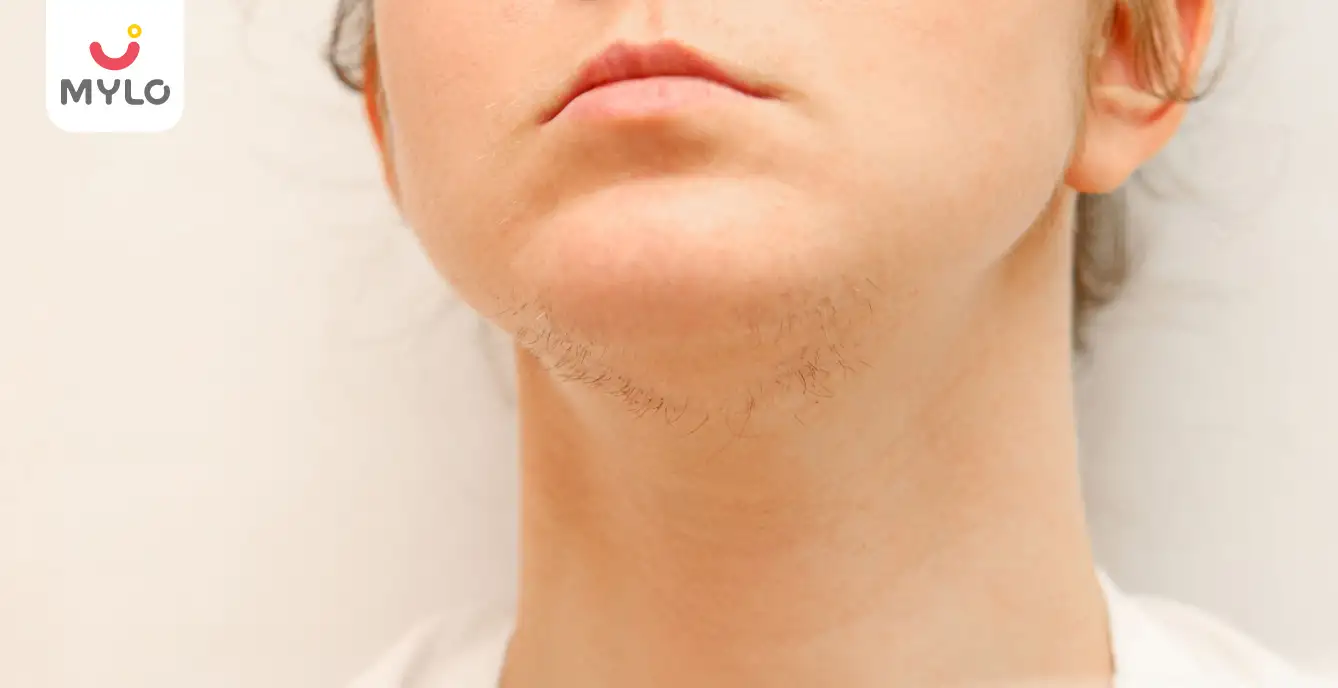
PCOS & PCOD
PCOS Hair Growth: Causes, Symptoms, and Effective Treatment Options
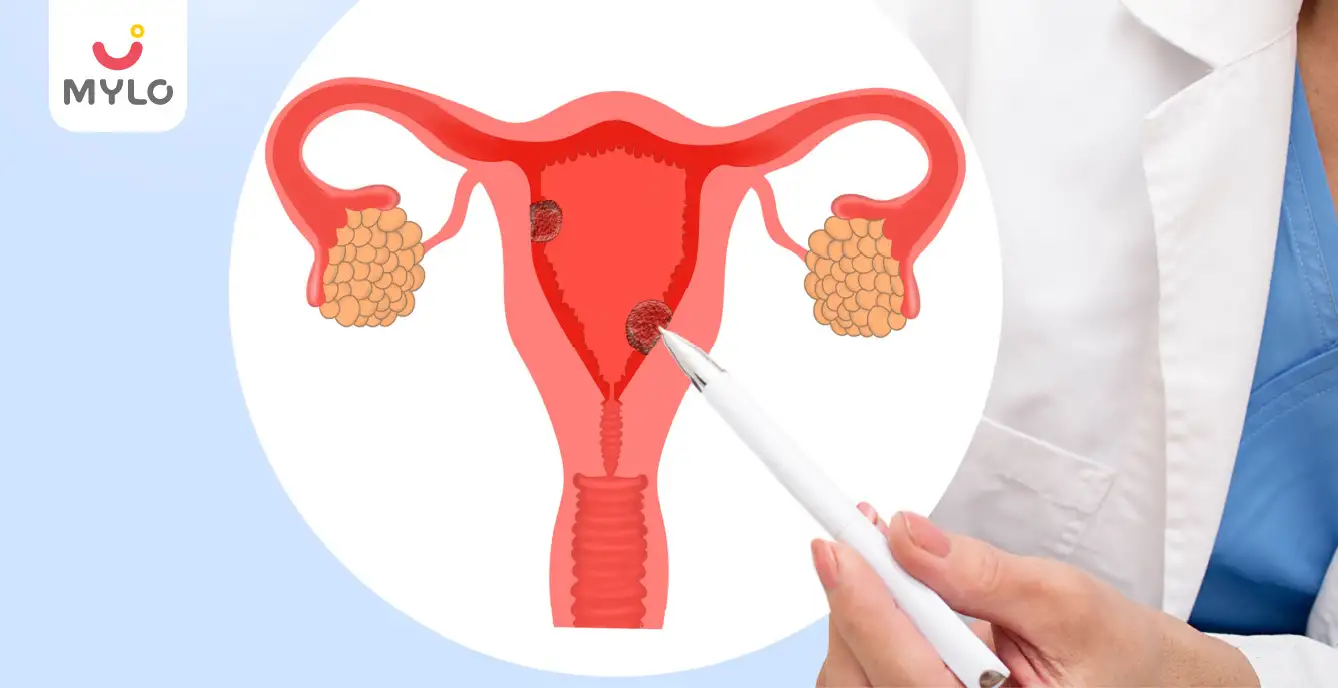
Women Specific Issues
Endometrial Hyperplasia: The Ultimate Guide to Understanding Its Causes and Treatment

Lifestyle
Lights, Camera, Baby Bump: Movies to Watch During Pregnancy
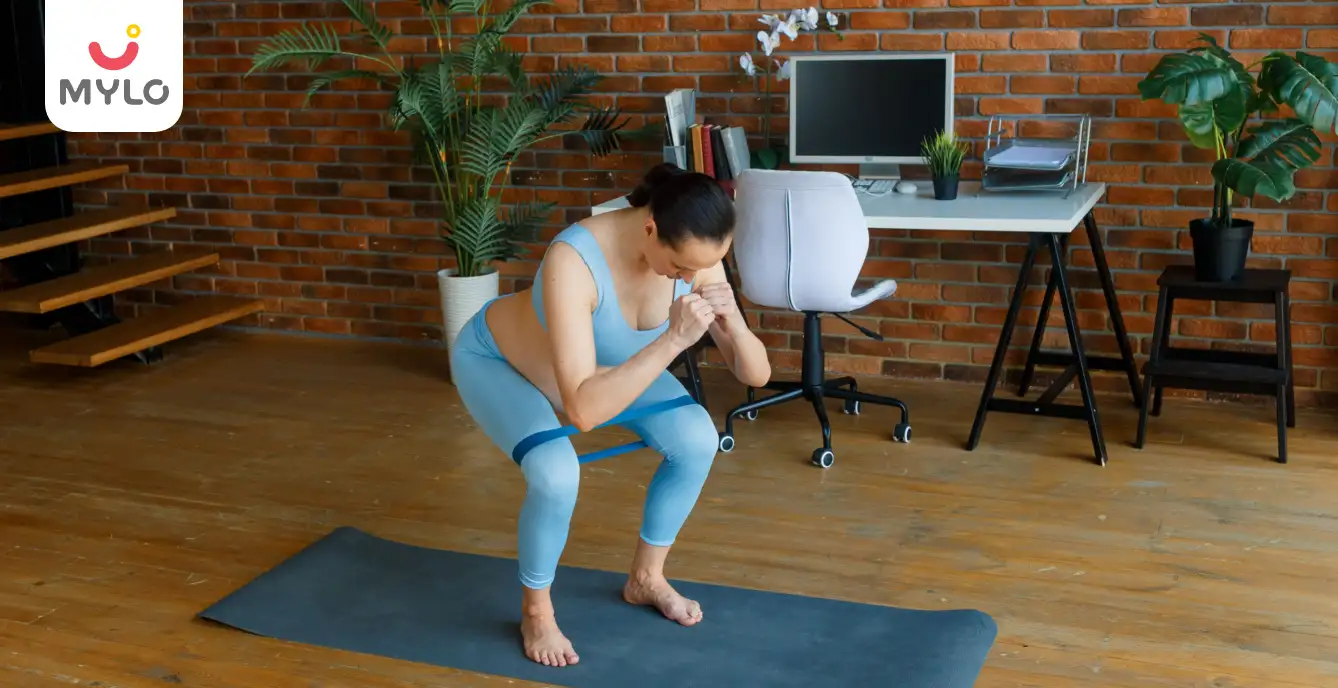
Exercise & Fitness
Squat During Pregnancy Benefits & Precautions
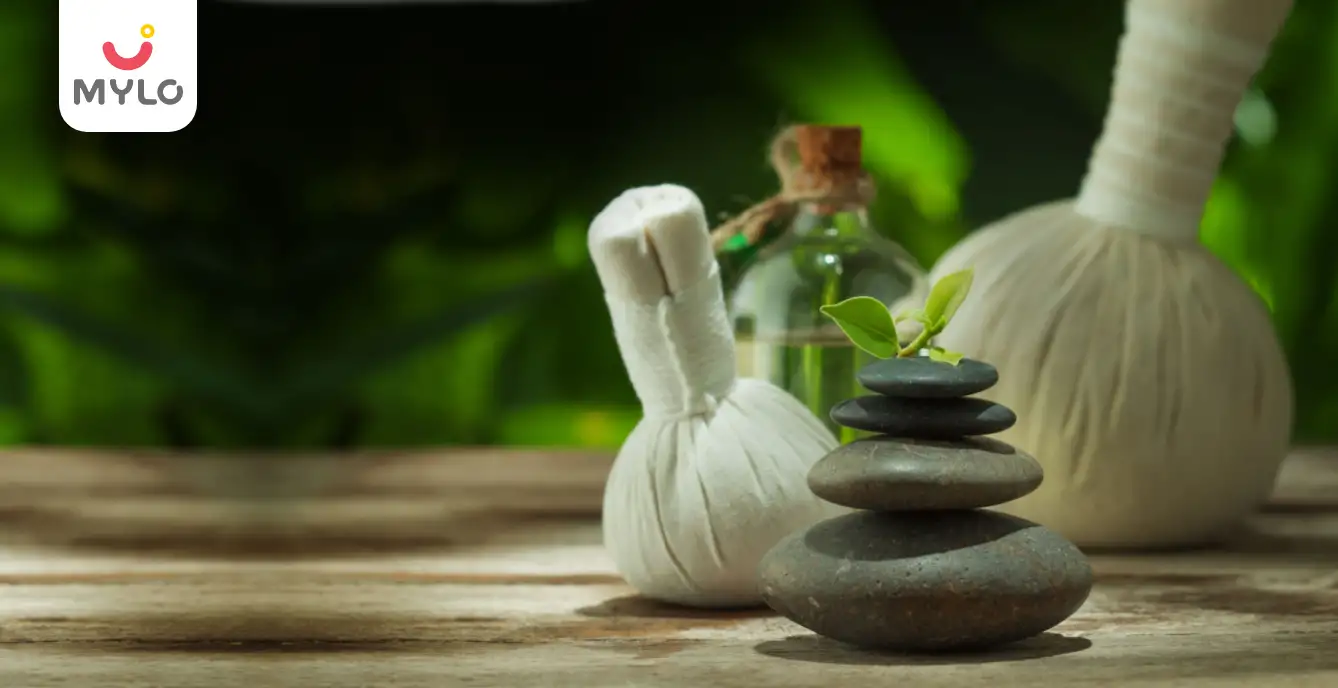
Common Health Problems
The Ultimate Guide to Thyroid Treatment in Ayurveda
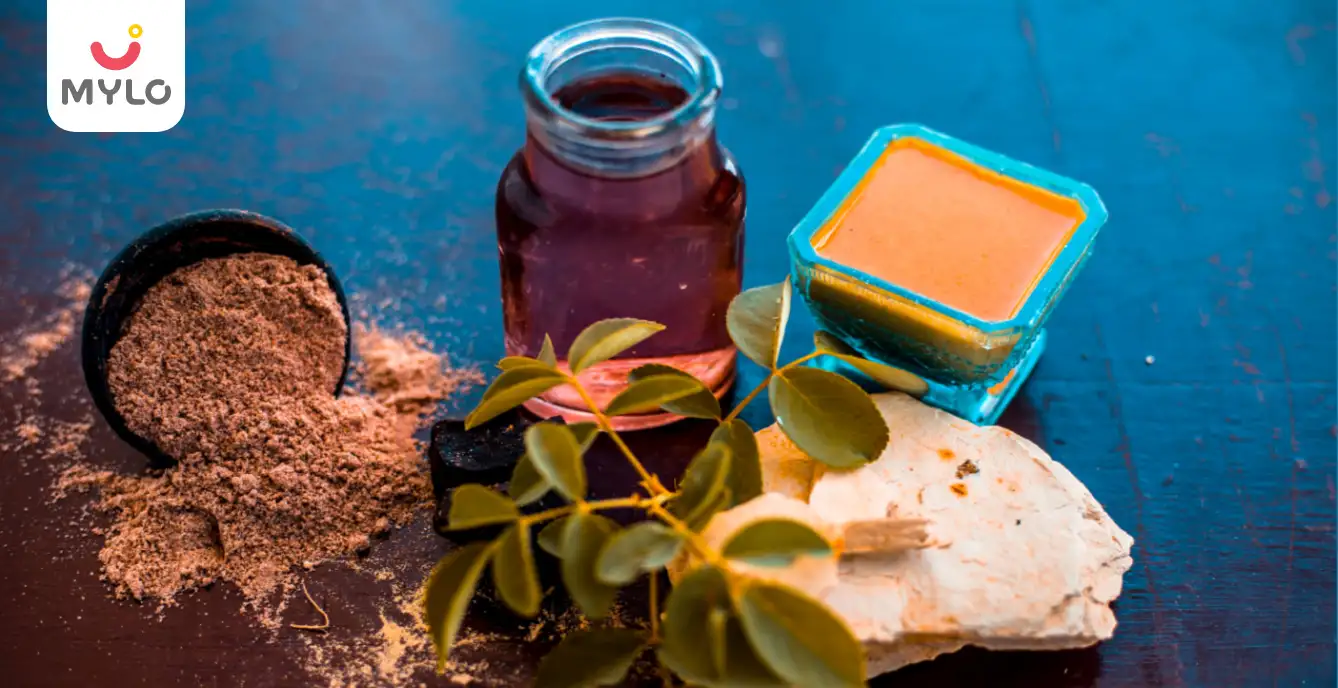
Pimples and Acne
Ayurvedic Treatment for Acne: Holistic Healing for Clear Skin
- Gokshuradi Guggulu: Ayurveda's Solution for UTI and Kidney Support
- The Surprising Benefits of Dark Chocolate for Periods
- How to Reduce Air Pollution in Your Daily Life
- Normal Prolactin Levels to Get Pregnant: What You Need to Know
- What Causes Low HCG Levels in Early Pregnancy & How to Increase It?
- Top 10 Babymoon Destinations in India for Expecting Parents
- Understanding the Reasons & Solutions for a Baby Not Eating Food
- The Ultimate Guide on How to Delay Periods Naturally
- গর্ভাবস্থায় আলুবোখরা: উপকারিতা ও ঝুঁকি | Prunes During Pregnancy: Benefits & Risks in Bengali
- গর্ভাবস্থায় হিং | ঝুঁকি, সুবিধা এবং অন্যান্য চিকিৎসা | Hing During Pregnancy | Risks, Benefits & Other Treatments in Bengali
- স্তনের উপর সাদা দাগ: লক্ষণ, কারণ এবং চিকিৎসা | White Spots on Nipple: Causes, Symptoms, and Treatments in Bengali
- গর্ভাবস্থায় পোহা: উপকারিতা, ধরণ এবং রেসিপি | Poha During Pregnancy: Benefits, Types & Recipes in Bengali
- গর্ভাবস্থায় মাছ: উপকারিতা এবং ঝুঁকি | Fish In Pregnancy: Benefits and Risks in Bengali
- গর্ভাবস্থায় রেড ওয়াইন: পার্শ্ব প্রতিক্রিয়া এবং নির্দেশিকা | Red Wine During Pregnancy: Side Effects & Guidelines in Bengali


AWARDS AND RECOGNITION

Mylo wins Forbes D2C Disruptor award

Mylo wins The Economic Times Promising Brands 2022
AS SEEN IN

- Mylo Care: Effective and science-backed personal care and wellness solutions for a joyful you.
- Mylo Baby: Science-backed, gentle and effective personal care & hygiene range for your little one.
- Mylo Community: Trusted and empathetic community of 10mn+ parents and experts.
Product Categories
baby carrier | baby soap | baby wipes | stretch marks cream | baby cream | baby shampoo | baby massage oil | baby hair oil | stretch marks oil | baby body wash | baby powder | baby lotion | diaper rash cream | newborn diapers | teether | baby kajal | baby diapers | cloth diapers |




